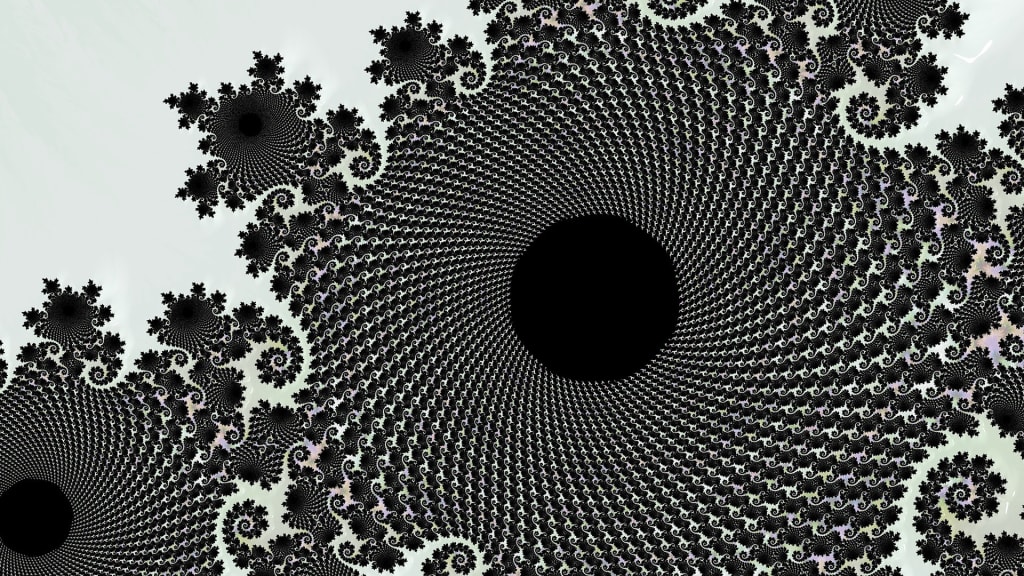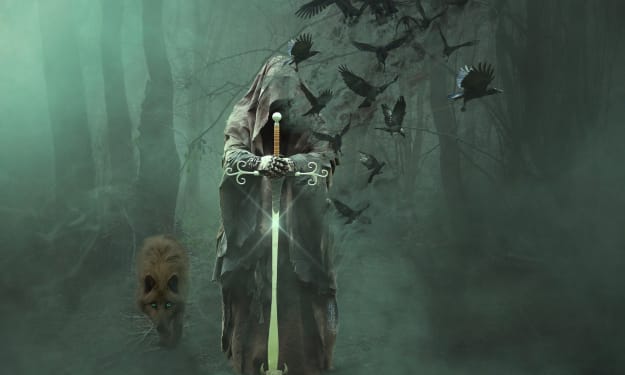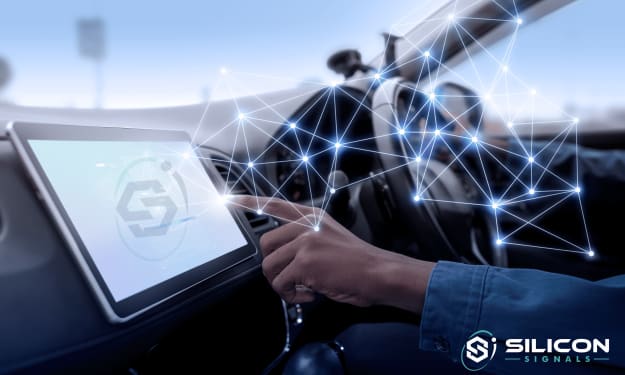It is Past Time for Computer Science and Biology to Part Ways
What Once Seemed a Good Idea Just Hasn’t Worked Out and Maybe Never Can

I have spent and continue to spend a good bit of my writing career pleading with people about the logical impossibility of “machine learning” and the dubiousness of this thing called artificial “intelligence.” It has been a lonely task acting as what feels like the lone naysayer in a huge crowd of cheerleaders. Luckily, I don’t concern myself with being popular, only being right and I am still convinced I am (mostly) on target with my criticisms. Even if I am wrong it still behooves the proponents of these things to prove me so, and they have yet do so. A machine has still not learned anything and AI researchers keep saying we are only week/months/years away from true human or animal level artificial “intelligence” each time a new computer beats a human in some game. The more “complicated” for us the game the “smarter” the computer according to them. Apologies to Wittgenstein for a vast oversimplification here but what they fail to communicate is that what makes something a game is that it has rules. A game is in fact nothing more than a series of rules. Another thing that is a series of rules is an algorithm. An algorithm is identical to a game in this respect and just like an algorithm a game (with the right rules — inputs) can have totally predictable outputs (yes, even games of chance or with random/probabilistic elements if they are played over a big enough data set/number of moves). There is at least one (probable) major exception related to the physical parts of athletic contests, but that is irrelevant to the argument (though it is another argument against the possibility of non-embodied AI I do not intend to dive into here). All games with rules are at base computational equations with specific data inputs and outputs. They are fully computable and thus it is not surprising that computers can and will continue to excel at them. This does not make them smart, nor does it make them ‘intelligent’, it just makes them excellent computers. The computers that beat the best humans at Jeopardy and Go are the most excellent computers ever built and programmed at playing those specific games. Huzzah!, we have finally built computers that excel at computing. What we have not built is an artificial ‘intelligence’ nor has a machine ‘learned’ anything.
The hype around these topics has not gone away however, and in fact continues to grow in intensity with each passing day. It has gotten to the point where it seems a hopeless task to continue attempting to convince anyone (technologist or biologist) to see things clearly. There seems to be no reasonable way to reconcile the situation and thus I have come to a rather strong conclusion about what should happen next. Technology and biology must completely part ways. The relationship is simply too toxic at the moment to continue. The one (technology) thinks to supplant and supersede the other (biology). While biology sits mostly idly by and accepts the abuse the technohypists continue to thrust upon it with their unfounded claims and unsupported hypotheses.
For computech researchers, ‘ANN, AI, machine learning, deep learning’, whatever their chosen ‘field’, the advantages/attractions are obvious. No longer will they need to concern themselves with issues of biological plausibility when writing grants or pitching their latest AI plans to the company board. Biologists could, in turn, finally admit that theories of how the human brain works are legion, and that they are just that, theories. In all likelihood most are wrong or at best only partly right. Trying to pattern a (whatever compu-thing) after something about which so little is known for certain is absolutely ridiculous. Claiming that it is “intelligent” or “learning” is even more so. Assuming what those terms even mean can be agreed upon, (they can’t but I will continue anyway) it is definitely not known how humans or animals are/do them. There are many theories but nothing without controversy or many competing theories of equal merit. After the break up computers could just be computers and biologicals could just be biologicals again. Breaking up with biology will allow the compu/techno/math-researchers to completely focus on what they know and hopefully remember how lucky they are that they can know it without all the distractions and baggage that biology brings.
Of course the break up cannot be complete and it should even be amicable. Biologists will still need the computer people for the latest and greatest in bioinformatics, nucleic acid/protein modeling software, etc. and the compu tech folks can still read all the biology papers they want and still consider biological systems as one possible model in their hardware/software design. However, the forced marriage will be over and for both sides and and all interactions will be completely voluntary.
About the Creator
Everyday Junglist
Practicing mage of the natural sciences (Ph.D. micro/mol bio), Thought middle manager, Everyday Junglist, Boulderer, Cat lover, No tie shoelace user, Humorist, Argan oil aficionado. Occasional LinkedIn & Facebook user
Enjoyed the story? Support the Creator.
Subscribe for free to receive all their stories in your feed. You could also pledge your support or give them a one-off tip, letting them know you appreciate their work.






Comments
There are no comments for this story
Be the first to respond and start the conversation.